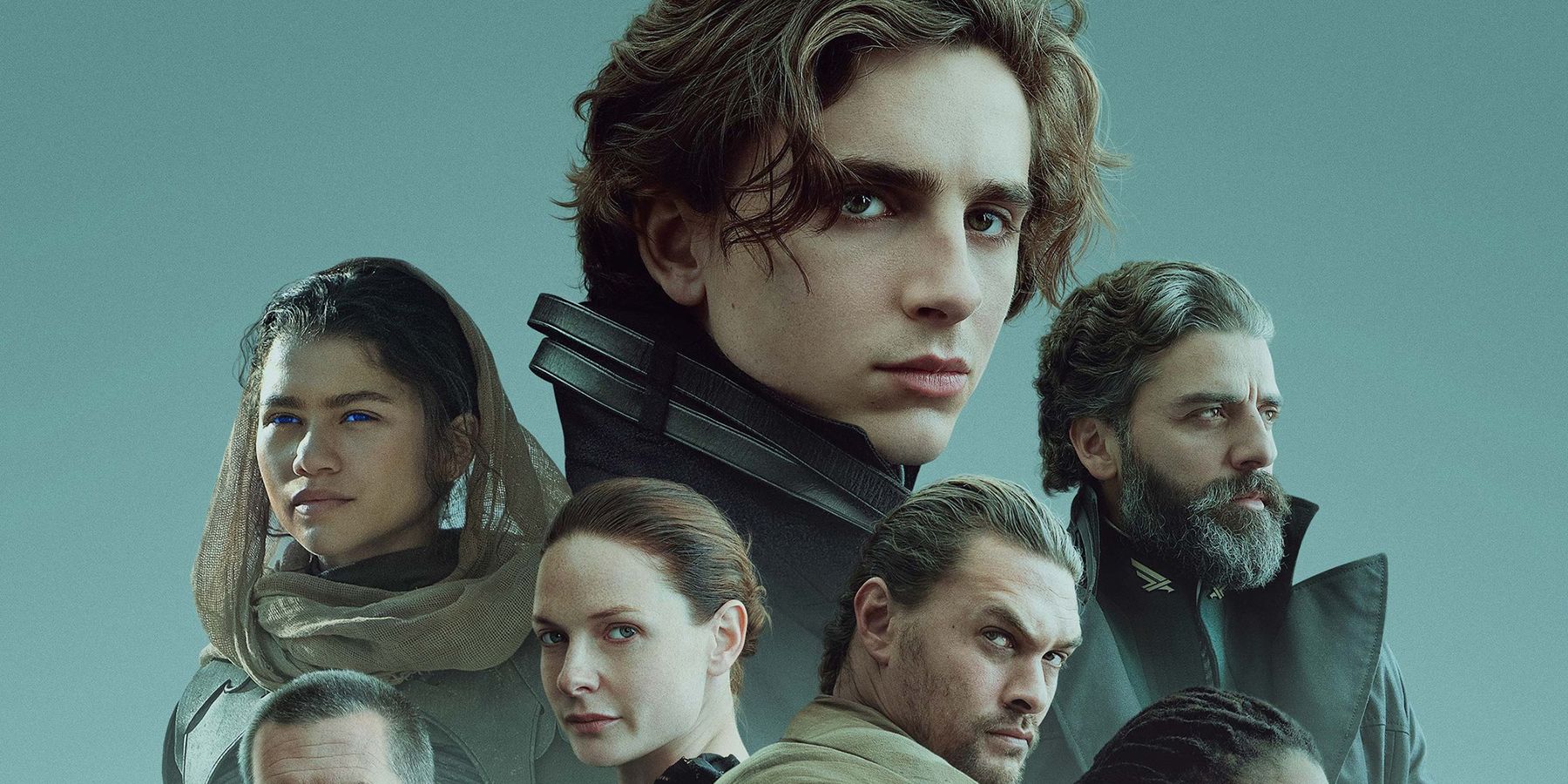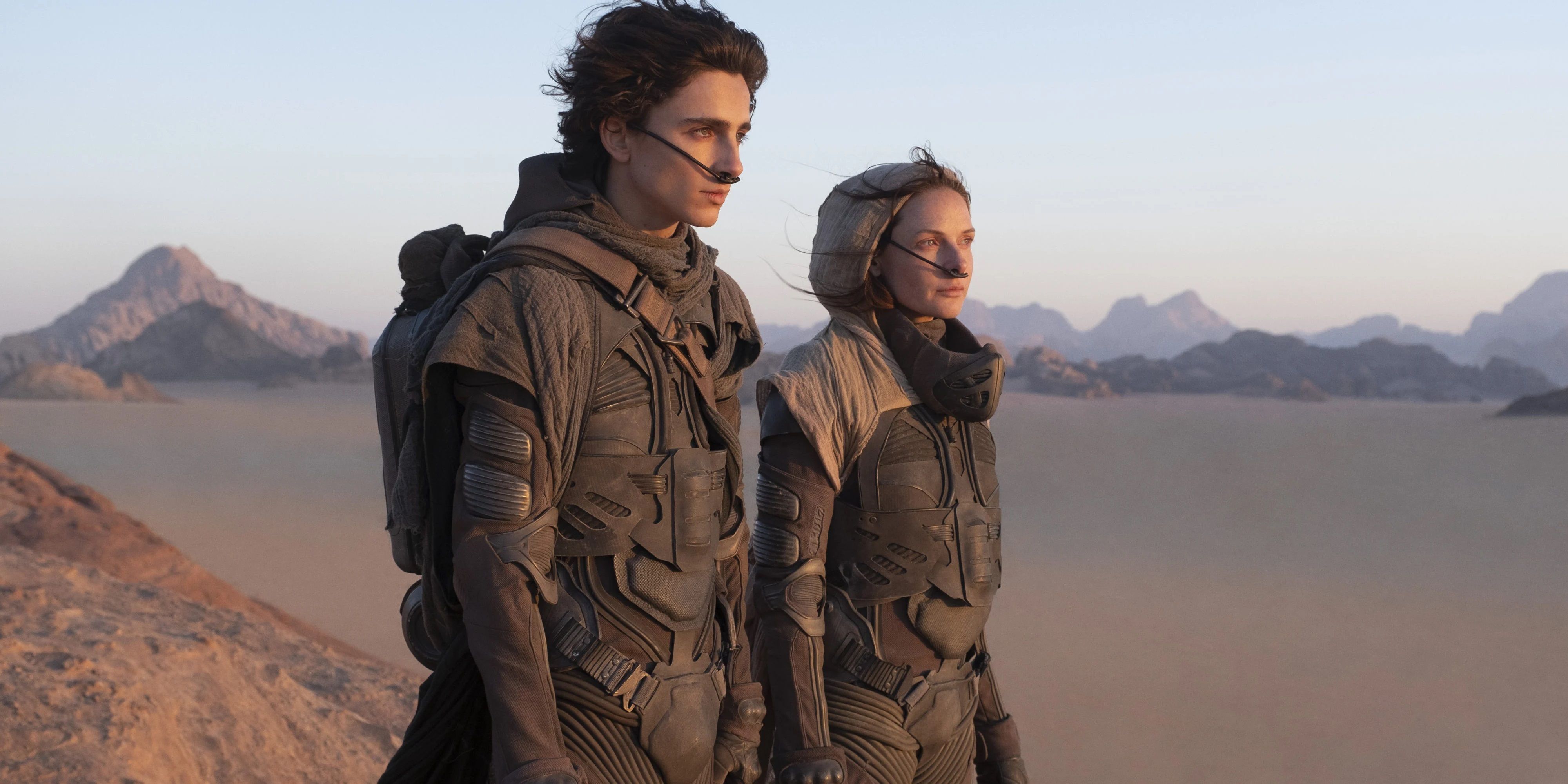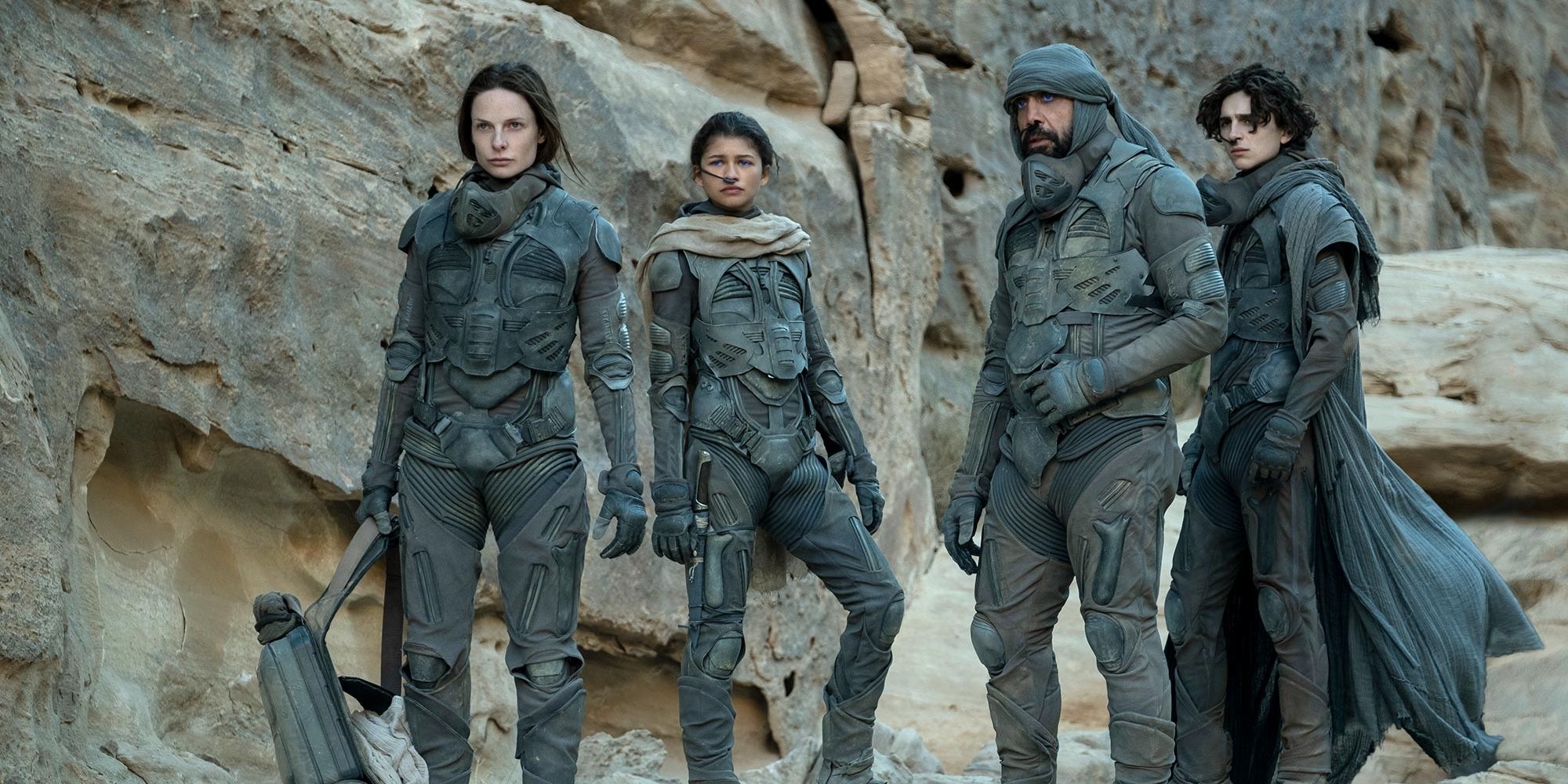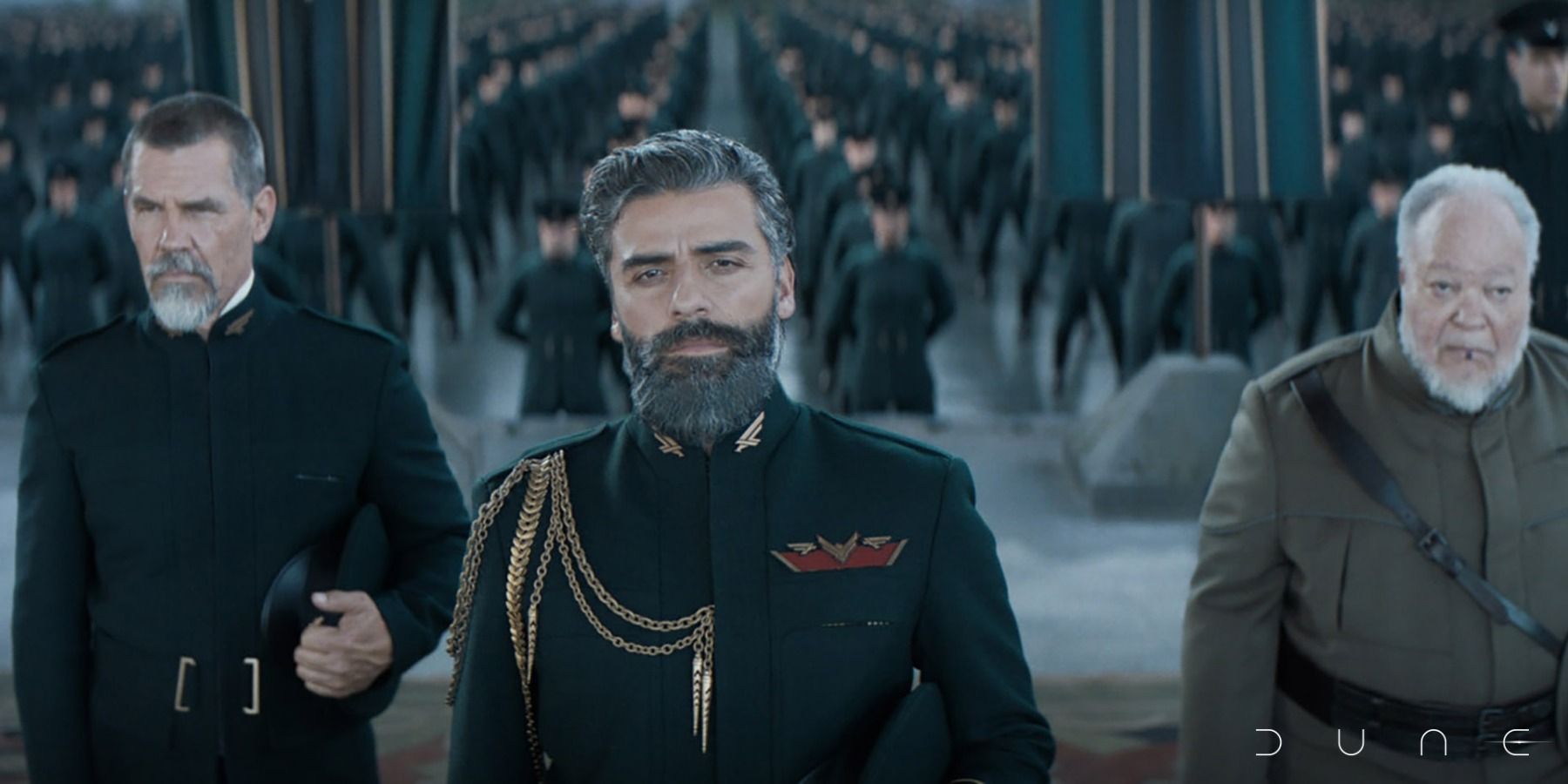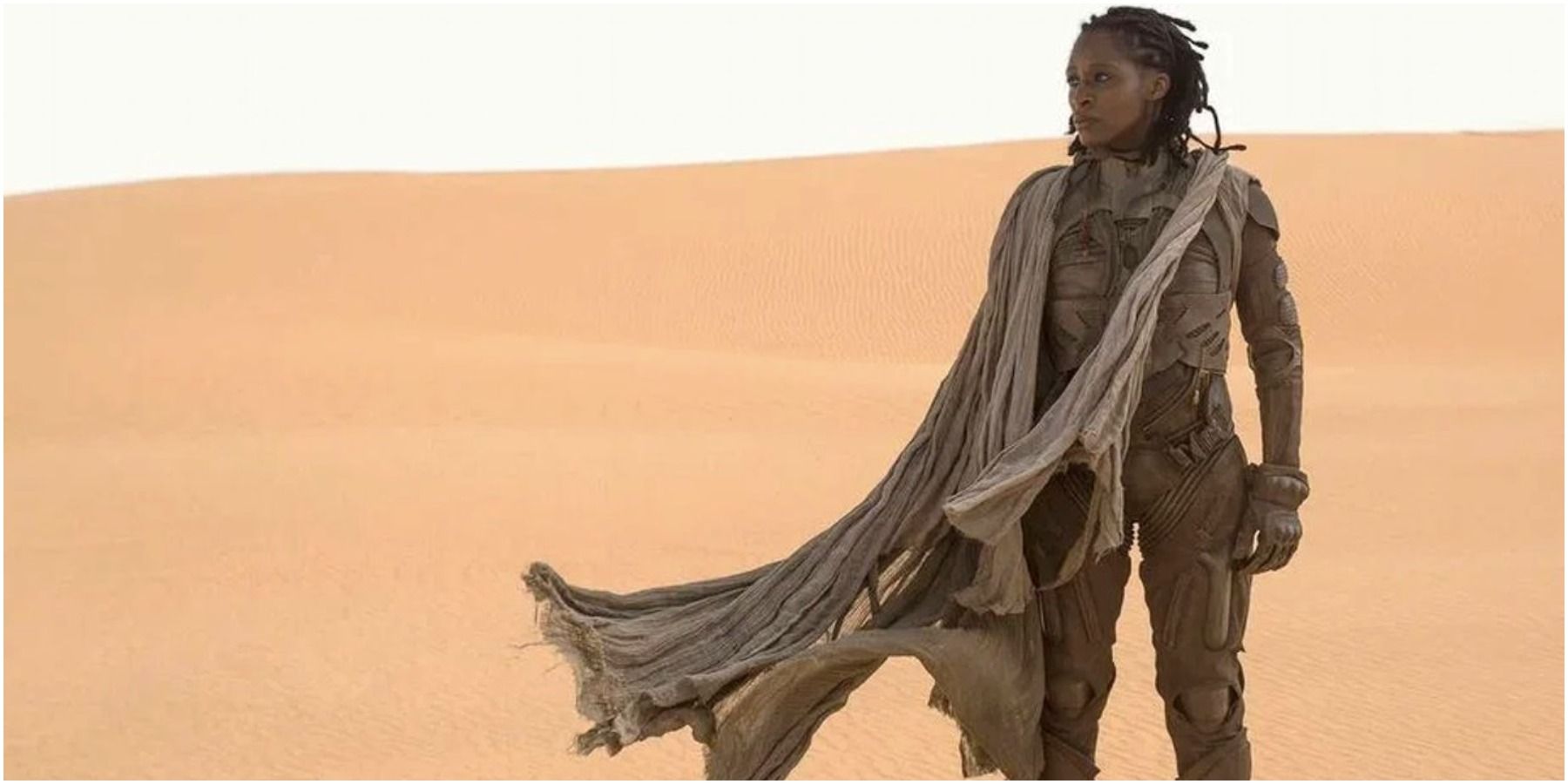Dune: Part One and its subsequent Part Two will probably go down as unforgettable pieces of sci-fi cinema, absolute must-watch for future generations, yet for all their worth some fans of Frank Herbert’s book might be left feeling that this adaptation could have worked better as a series.
The idea is of course far from groundbreaking as the early 2000s saw not one buy two Dune series adaptations titled Frank Herbert's Dune and Frank Herbert's Children of Dune, both of which were pretty successful even if they didn’t do the books full justice. Pairing that with the giant Game of Thrones-shaped hole that David Benioff and D.B. Weiss left at HBO, it would almost be natural for Dune to get the series treatment again.
Enter Denis Villeneuve. The Canadian director has built his reputation on some of the most visually stunning and scenic films of the past decade, with Arrival and Blade Runner 2049 proving his sci-fi blockbuster credentials, to make for a style that definitely struck a note with most people as Dune continues to marvel critics and viewers alike, so what’s the problem?
Well, like the first few frames of Villeneuve’s Dune tell audiences, his film is only part one of two and if Dune often feels at times like an incomplete film, it’s definitely because it’s been conceived that way from the very start. Villeneuve is first and foremost a film director, even despite making a few short films earlier in his career it’s clear he feels at his best when making stuff that’s meant to be seen in the biggest screens possible.
And yet, upon finishing Dune, Villeneuve the filmmaker decided to jump on board for his first television project to direct and produce Dune: The Sisterhood, a prequel series to Dune focused on the story behind the mysterious Bene Gesserit. The move, while still meant to produce series content for HBO Max, is probably motivated in part because Villeneuve must have felt that the Dune universe simply has too many stories to tell inside the limited runtime afforded by a movie.
This is not in detriment of Dune because the movie’s artistry and visuals elevate it enough so that it doesn’t really suffer from the fact that it lacks a proper third act; in short, and to paraphrase Christopher Nolan, the film as it signifies the perfect marriage between photography and CGI effects. However, if Villeneuve’s Dune movie is so great, then what heights can a series made by the same man reach?
A simple person's summary of Dune would be something like Game of Thrones in space, there’s plenty of houses, sand worms take the place of dragons, the lord from House Atreides (Starks) is summoned by imperial command to fulfill a certain duty, and ultimately Duke Leto is betrayed and killed with his family ending up persecuted. Nevertheless, unlike Game of Thrones, Dune is missing all that extra time to give many of its characters greater and better exposition in a film that’s all about subtext.
Game of Thrones as a series omitted and changed many of its countless storylines for the show to exist as more cohesive and appealing television, with one of the most notable of those being Lady Stoneheart. Dune does the same under the premise of arriving at the same place but through a different road, yet along the way, it leaves behind some lore elements that might intrigue viewers unfamiliar with the series lore.
One example of this is the Thufir Hawat (and his Harkonnen counterpart), whose place in the novels is basically the closest thing to a computer Dune's world has to offer. Instead of getting a proper explanation of what exactly goes on when Thufir Hawat rolls his eyes back, they're just left to assume he's using some form of unexplained power.
Another instance of this is found in Doctor Yueh’'s betrayal, whose forehead marking (just like the one on Thufir Hawat's lips) is meant to designate a specific role in Dune's societal structure. Yueh is supposed to be incapable of exercising his own free will to harm others, only subverted by the Harkonnen's reconditioning, but all that is missing from the film.
Those might seem like small details, and the same goes for Duncan Idaho's foray into Fremen territory, but in a film that's all about world-building, the little things matter. Make no mistake, Villeneuve manages to squeeze as much Dune as possible in the film’s 2 hours and 36 minutes, and the director even has a plan for Dune: Part Two already but it still begs asking the question of what he could have done in six to ten episodes under a typical series runtime.
A television series would have obviously deprived Villeneuve of the added grandeur he so marvelously achieves in Dune’s biggest and most impressive scenes, and still imagining such an experiment remains quite intriguing. Now, luckily, those enamored by Arrakis for the first time after leaving theaters (or watching from home) won’t have to fantasize too much about a Villeneuve series because Dune: The Sisterhood will be a thing.
Villeneuve has clearly established the style he wants for his Dune universe and The Sisterhood will translate that to a smaller screen, though only time will determine how successful that transition ends up being. If it turns out well, then the question of what could have been for Paul Atreides’ delivered in Game of Thrones portions will age even more interestingly.
Dune is currently available in theaters and on HBO Max.

